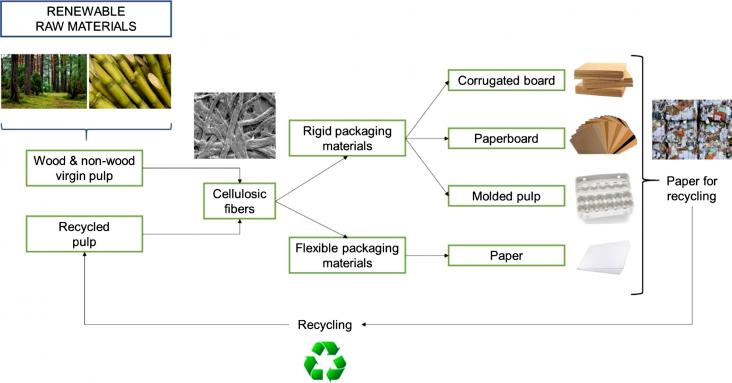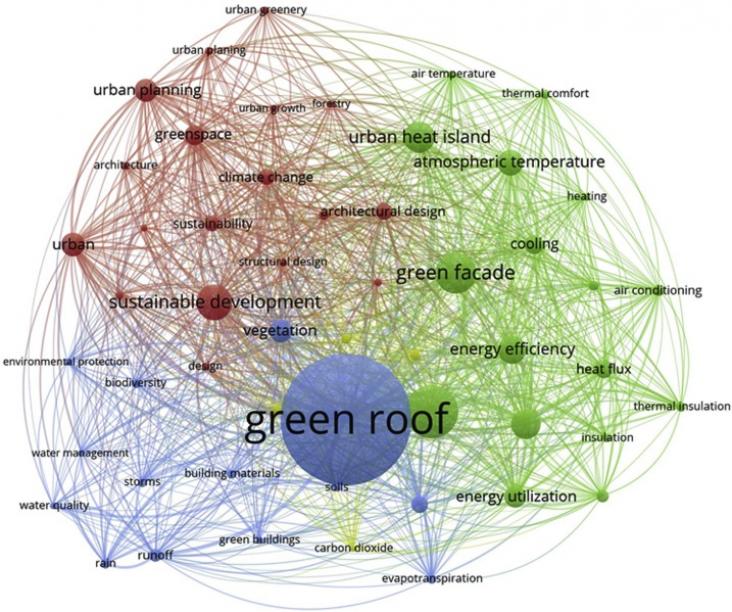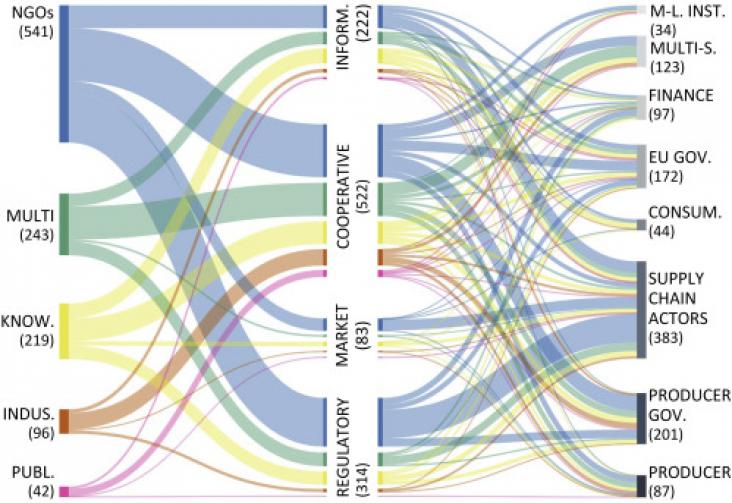This book chapter addresses SDG 13 by explaining how to build a climate-resilient agriculture system.
This chapter advances SDG 6 by presenting major challenges and opportunities concerning groundwater utilization and climate sustainability.
Pollens are a major cause of seasonal allergic diseases. Weather may alter the production of pollens.

This short communication describes the climate change impacts of using cellulose, and more precisely cellulosic fiber-based materials, in food packaging, representing current and emerging industrial s

This study presents a critical review analysis of greenery systems research through a bibliometric approach.

The food industry is responsible for significant impacts on the environment, such as climate change, water depletion and land use.
Mitigating global warming is the responsibility of all countries. Moreso, the role of forests in sequestrating carbon is very crucial.

Despite the importance of tropical forest conservation in achieving global sustainability goals and the key role of forest-risk commodity trade in driving deforestation, consumer country policy option
Background: nationally determined contributions (NDCs) serve to meet the goals of the Paris Agreement of staying “well below 2°C”, which could also yield substantial health co-benefits in the process.
Elsevier,
Antigoni Faka, Konstantinos Tserpes, Christos Chalkias, Chapter 10 - Environmental sensing: a review of approaches using GPS/GNSS, Editor(s): George p. Petropoulos, Prashant K. Srivastava, GPS and GNSS Technology in Geosciences, Elsevier, 2021, Pages 199-220, ISBN 9780128186176, https://doi.org/10.1016/B978-0-12-818617-6.00013-5.
This chapter advances UN SDG goal 12 by enabling environmental assessment through remote sensing technologies
